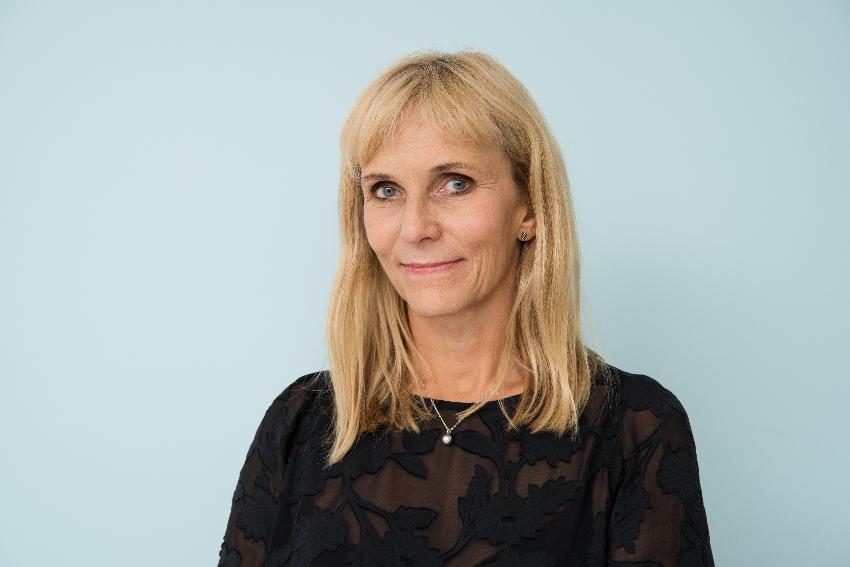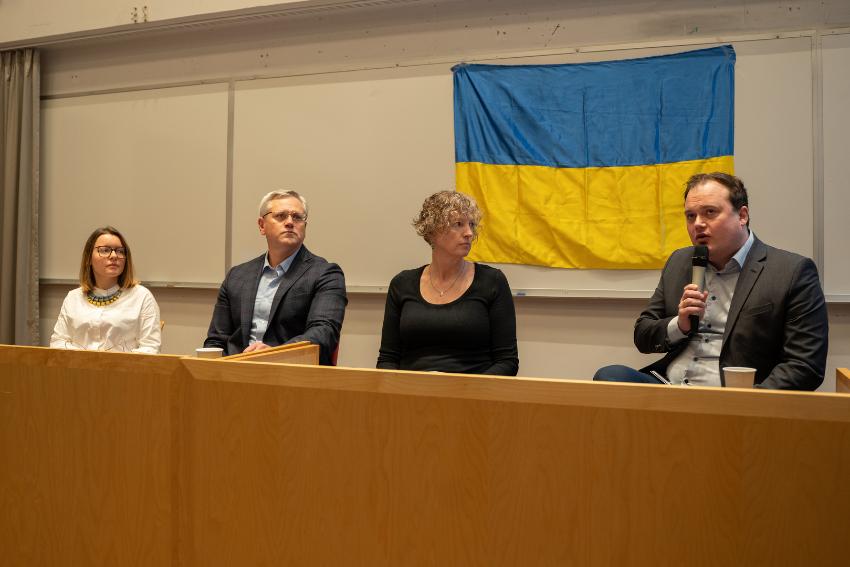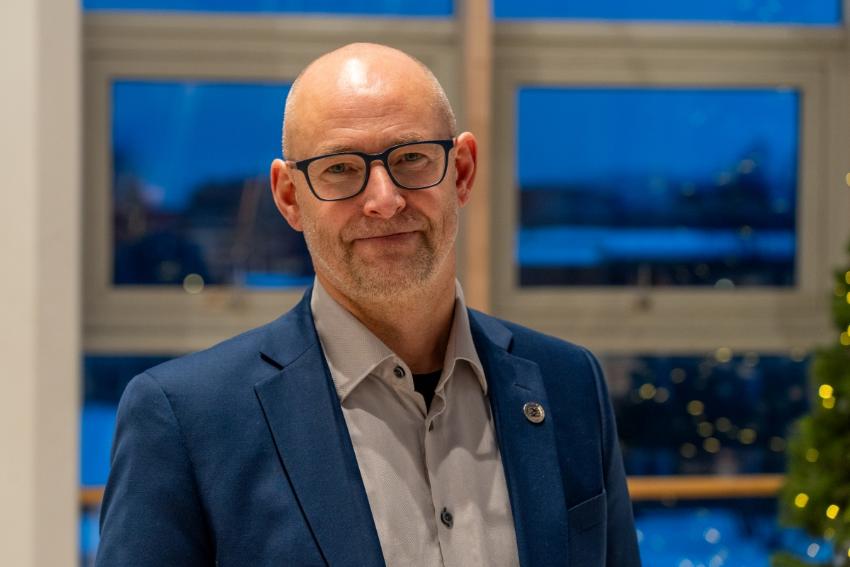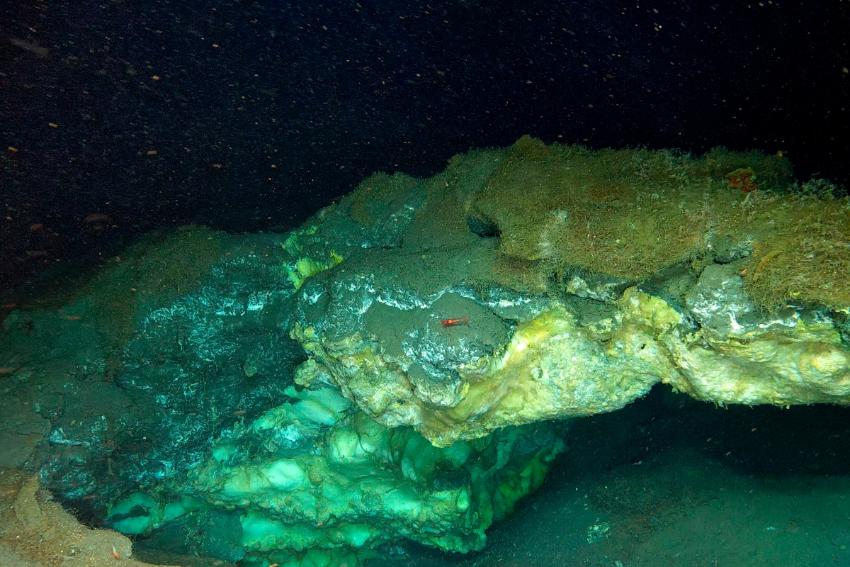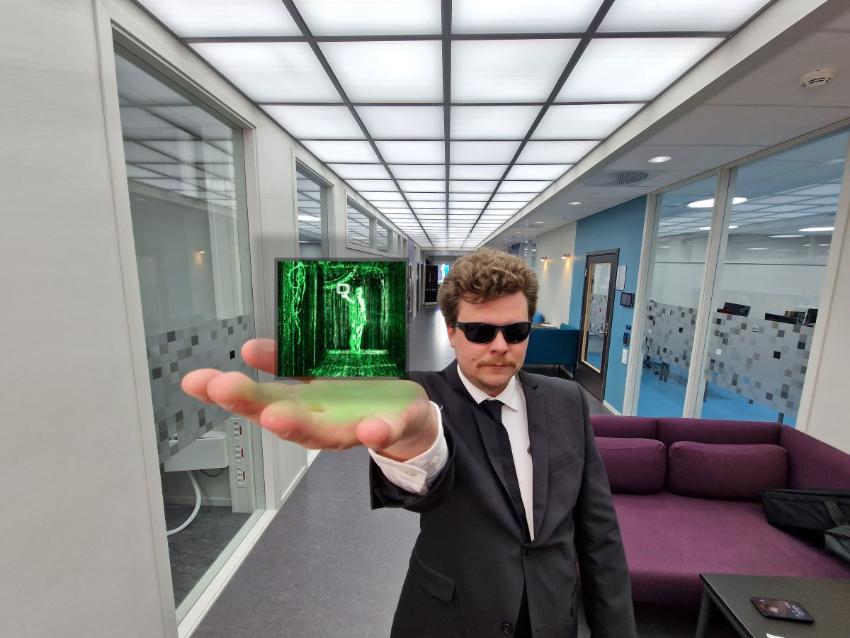Eight CPS and Political Science students to participate in NATO 2030 Policy Hackathon
We are pleased to announce that eight students from Centre for Peace Studies and Department of Social Sciences (ISV) will be participating in the week-long NATO 2030 Policy Hackathon, which begins on Friday. The hackathon will furnish around 100 students from 10 highly esteemed universities, including UiT, with the opportunity to brainstorm and discuss diverse policy ideas with policymakers and eminent experts from across the world. It contributes towards bridging the gulf between policymaking and the academia. The event will culminate with the students making critical policy pitches to a jury comprising senior NATO officials as well as leading experts. We wish our students the best of luck!
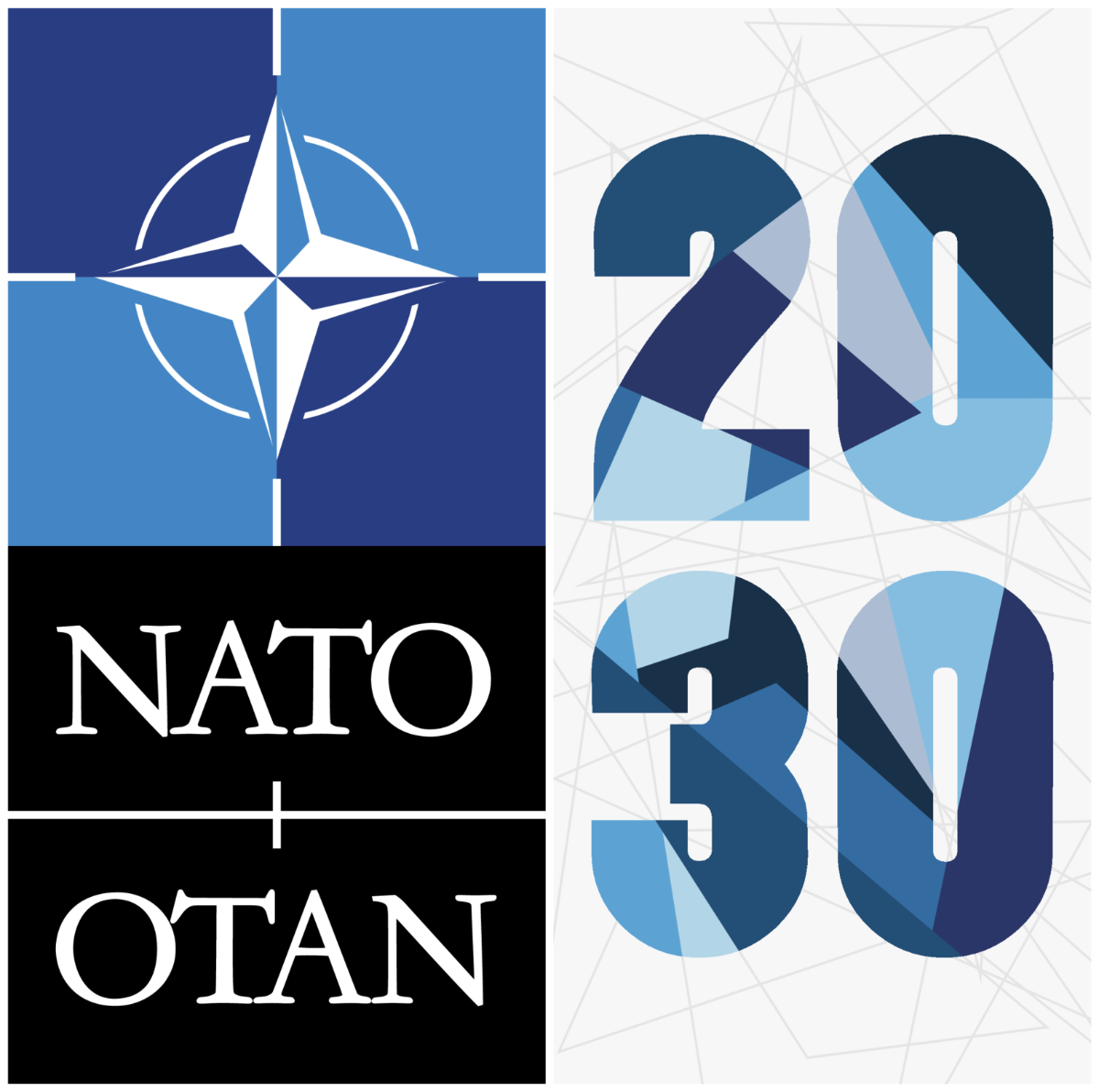
The Policy Hackathon will look into how to realize innovative ideas on NATO’s future. Its results will be presented to the NATO leadership through policy pitches at the February 4th public event with the NATO leadership. The group with the best policy pitch will be invited to work further on their idea. This may culminate with them presenting it at the NATO Engages event taking place on the margins of the meeting of NATO Heads of State and Government in 2021.
The goal of this exercise is to involve diverse groups working together to co- create fresh policy ideas and recommendations, using innovative policy design techniques. They will also rely on a sounding board of experts who provide feedback and point the students to key areas in tackling their respective policy challenges. Each group will take on one of the five areas being tackled in the hackathon, which are:
NATO’s role in defending and re-shaping a values-based international order
- Building resilience against economic security risks
- Protecting Populations in Modern-Day Conflicts
- Next steps in Allied technology cooperation
- Reducing military carbon emissions
The participating universities are:
- Charles University (Czech Republic)
- Harvard University (US)
- Freie Universitaet (Germany)
- Kings College London (UK)
- SciencesPo (France)
- Simon Fraser University (Canada)
- Johns Hopkins University (US)
- Portucalense University (Portugal)
- UiT- the Arctic University of Norway (Norway)
- University of Vilnius (Lithuania)
Kortnytt fra Senter for fredsstudier (CPS)
-
Arkeologi - master
Varighet: 2 År -
Peace and Conflict Transformation - master
Varighet: 2 År -
Geosciences - master
Varighet: 2 År -
Biology - master
Varighet: 2 År -
Technology and Safety - master
Varighet: 2 År -
Law of the Sea - master
Varighet: 3 Semestre -
Biologi - bachelor
Varighet: 3 År -
Rettsvitenskap - master
Varighet: 5 År -
Nordisk - årsstudium
Varighet: 1 År -
Luftfartsfag - bachelor
Varighet: 3 År -
Pedagogikk - bachelor
Varighet: 3 År -
Arkeologi - bachelor
Varighet: 3 År -
Likestilling og kjønn - årsstudium
Varighet: 1 År -
Historie - bachelor
Varighet: 3 År -
Geovitenskap- bachelor
Varighet: 3 År -
Kjemi - bachelor
Varighet: 3 År -
Samfunnssikkerhet - bachelor
Varighet: 3 År -
Samfunnssikkerhet - master
Varighet: 2 År -
Kunst - bachelor
Varighet: 3 År -
Kunsthistorie - master
Varighet: 2 År -
Religionsvitenskap - årsstudium
Varighet: 1 År -
Romfysikk, sivilingeniør - master
Varighet: 5 År -
Klima og miljøovervåkning, sivilingeniør - master
Varighet: 5 År -
Sosialantropologi - bachelor
Varighet: 3 År -
Historie - master
Varighet: 2 År -
Anvendt fysikk og matematikk, sivilingeniør - master
Varighet: 5 År -
Barnevernsarbeid - master
Varighet: 2 År -
Forfatterstudium 2 - årsstudium
Varighet: 1 År -
Fine Art - master
Varighet: 2 År -
Barnevern - bachelor
Varighet: 3 År -
Arctic Nature Guide - one year programme
Varighet: 1 År -
Sosialt arbeid - bachelor
Varighet: 3 År -
Arktisk friluftsliv og naturguiding - bachelor
Varighet: 3 År -
Arktisk friluftsliv - årsstudium
Varighet: 1 År -
Grunnskolelærerutdanning for 1.-7. trinn - master
Varighet: 5 År -
Kunsthistorie - årsstudium
Varighet: 1 År -
Governance and Entrepreneurship in Northern and Indigenous Areas - master
Varighet: 4 År -
Fagdidaktikk for lærere - master
Varighet: 4 År -
Vernepleie - bachelor
Varighet: 3 År -
Internasjonal beredskap - bachelor
Varighet: 3 År -
Barnevern - bachelor
Varighet: 3 År -
Vernepleie - bachelor (deltid)
Varighet: 4 År -
Landskapsarkitektur - master
Varighet: 5 År -
Grunnskolelærerutdanning for 5.-10. trinn - master
Varighet: 5 År -
Kvensk og finsk - bachelor
Varighet: 3 År -
Nordisk språk og litteratur - bachelor
Varighet: 3 År -
Russisk og russlandsstudier - bachelor
Varighet: 3 År -
Ph.d.-program i naturvitenskap
Varighet: 3 År -
Russisk - master
Varighet: 2 År -
Environmental Law - master
Varighet: 2 År
